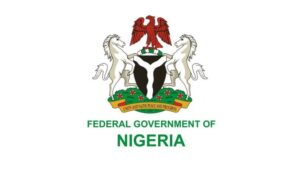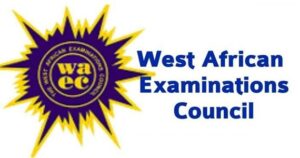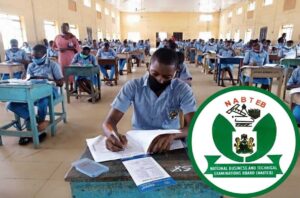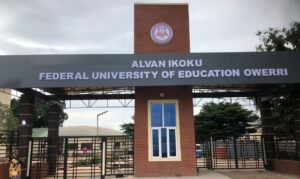Abia Announces Scholarships for Children of Indigent Parents
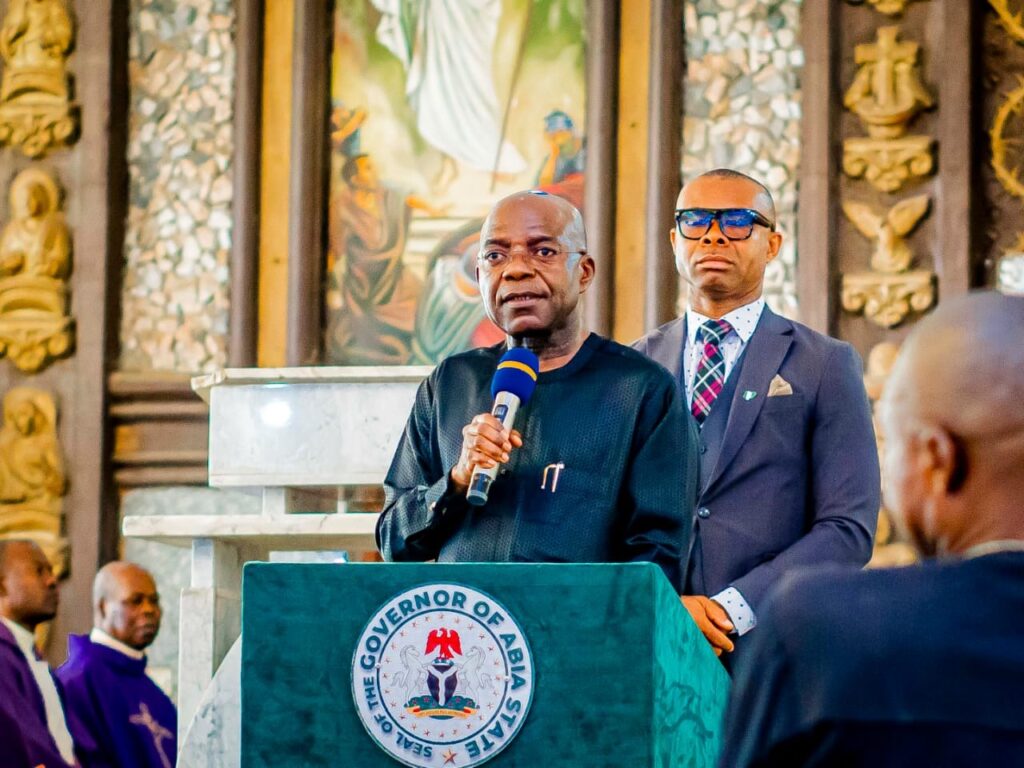
The Abia State Government has unveiled a new scholarship scheme aimed at supporting the education of children from financially disadvantaged homes across the state. The program is part of Governor Alex Otti’s efforts to boost school enrollment and literacy levels.
Under the scholarship package, children whose parents or guardians are identified as being unable to afford the costs of basic education will have their tuition, books, uniforms, and other essential fees fully covered by the state government from primary to senior secondary school levels.
To qualify, families must be able to provide proof of being beneficiaries of the state’s poverty alleviation initiatives or fall below a defined income threshold to be determined by a screening committee.
The move comes on the heels of Governor Otti’s recent executive order which criminalized the non-enrollment of school-age children, warning parents and guardians of penalties for failure to comply.
Speaking on the scholarship initiative, the Governor emphasized his administration’s commitment to equitable access to quality education as a core pillar of his agenda. “No child in Abia should be deprived of education due to financial constraints,” he declared.
Implementation committees are being set up across the state’s local government areas to identify potential beneficiaries through a robust verification process involving community leaders, religious bodies, and civil society groups.
Education stakeholders have lauded the program as a progressive step towards addressing issues of out-of-school children, child labor and poverty which have plagued some parts of Abia over the years.
The scholarships are expected to directly benefit thousands of children and families while boosting school enrollment rates in the 2024/2025 academic session when the scheme kicks off fully.
Relevant Tags: Abia State, Educational scholarships, Child education, School enrollment, Poverty alleviation, Out-of-school children, Community development, Education equity, State government initiatives
